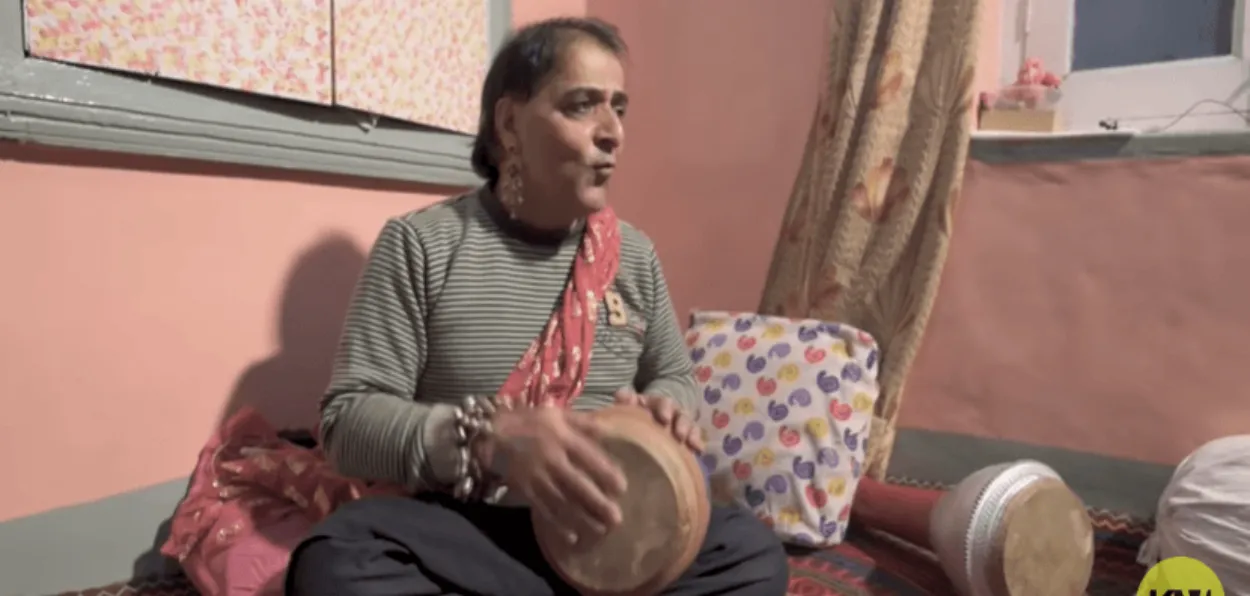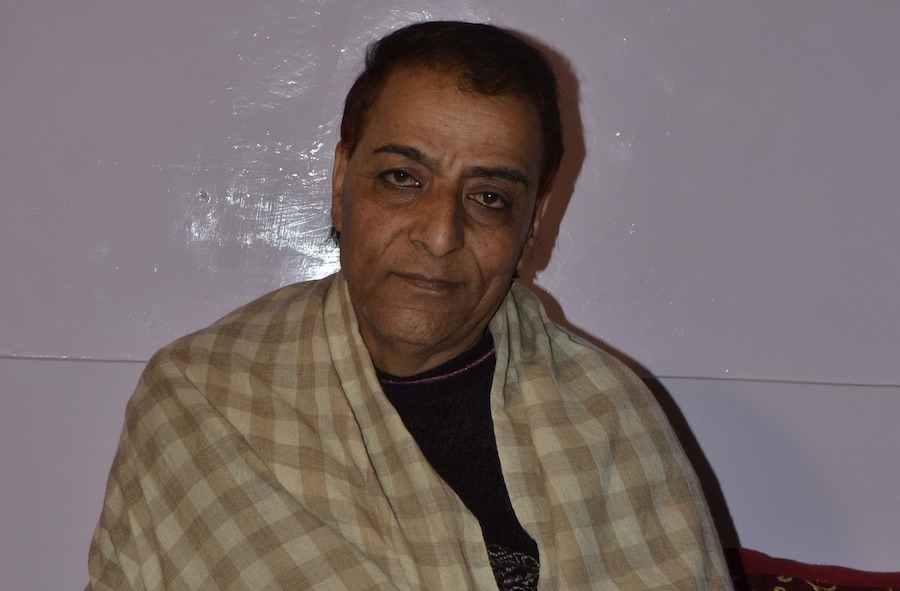
Amir Suhail Wani
Kashmir’s popular singer Abdul Rashid alias Reshma, who died of cancer about one and a half years ago leaving behind a legacy through her songs and her work on transgenders, the debate around the community and their treatment in Islamic society has triggered a debate. Barmania and Aljunid, Caroline, Lee, and others maintain their studies that transphobia, discrimination and injustice, violence, and persecution continue to be the fate of transgenders in Islamic countries.
Friday Musings
The scenario in Kashmir, though moderated by cultural inklings of inclusion and diversity, isn’t all well and transgenders continue to face marginalization and ostracism. While an attitude of criminal maltreatment is meted out to the transgender community, the plight is aggravated by the misnomer that this behaviour is sanctioned rather than desired by the religion. It is often postulated that Islam demands from us the behaviour of exclusion and stigmatisation for transgenders.
This understanding asks for a proper and deeper understanding of the Islamic stand on the issue of transgenders lest our attitudes and behavioural latitude towards the community be distorted by our bias and insubstantial claims.
What are the actual Islamic rulings on the issue of transgenders and do they truly grant any legitimacy to our ill-formed opinions on the subject?
To begin with, there is no monolithic practice prevalent among Muslims across the globe in their behaviour towards transgenders and the diversity is shaped by geography, culture, and at times by the era or epoch referred to. Thus, we see a spectrum of behaviours from welcoming and inclusive to a level of rejection that can be marked by a range of actions ranging from social marginalization to physical violence. However, these practices and behavioural attitudes are not sanctioned or legitimized by the theories and practice of Islam.
It must be borne in mind that there are precedents from Seerah, Sunnah and the repository of Ahadith that point to the opposite directions and those incidents are so explicit and frequent as to easily lead one to conclude as if Islam is transphobic. However, a deeper and contextual understanding of these incidents wakes us up to the true meaning of these precedents.
 Abdul Rashid alias Reshma
Abdul Rashid alias Reshma
Academics Alipour and Rowson point to references in the Hadith to the existence of mukhannath: a man who carries femininity in his movements, in his appearance, and the softness of his voice. The Arabic term for a trans woman is mukhannith as they want to change their biological sex characters, while mukhannath presumably do not/have not. The mukhannath or effeminate man is male, but naturally behaves like a female, unlike the khuntha, an intersex person, who could be either male or female.
Ironically, while there is no obvious mention of mukhannath, mukhannith or khuntha in the Qur’ān, this holy book recognizes that there are some people, who are neither male nor female, or are in between, and/or could also be “non-procreative”. The presence of effeminate men (mukhannath) during the time of the Prophet is well documented. However, almost all references justifying animosity towards transgender people in the Hadith have been quoted out of context, and they wrongly condemn transgender people, despite so many major Islamic scholars having argued that the Hadith refers to cross-dressers who want to deceitfully gain access to women’s spaces. The particular Hadīth about transgender has been narrated by many Islamic scholars like Ibn Majah, Al-Bukhari, Al-Tirmidhi, Ibn Hanbal, and Abu Dawud.
There is considerable evidence that in pre-colonial Islamic communities, mukhannath served as servants as long as they had no sexual interest in women. They would then be allowed to enter women’s private places such as harems and other exclusively female spaces. Those males whose effeminate qualities were innate and natural, and who did not experience sexual attraction toward women, received no blame, guilt or shame as they were not considered sinners and were not to be punished. Because of the regularity of mukhanath hired in women’s spaces, some men sought to take advantage because they lusted after women and pretended to be mukhanath to gain access into women’s spaces.
Al-Tabari took it as an example that the Prophet did not forbid a particular mukhanath, Hit, from entering the women’s quarters until he heard the servant describing the women’s bodies in great detail. Hit was later prohibited from the house because he had breached the trust of the Prophet but not because of his effeminate identity. The Prophet’s prohibition was rather a response to his actions in this particular situation. Just like any other person, the principles of moral and ethical behaviour were also applied to them and did not entitle them to speak or behave inappropriately.
This hadith narration is commonly used by conservative Muslim scholars to justify hatred for effeminate men and transgender people as it is used as proof that Muslims should not allow them in their houses. In reality, the Prophet did not punish Mukhanath unless they carried out immoral acts, nor did he try to ‘cure’ them. In one Hadith, the Prophet was recorded to have saved the life of a mukhanath when others wanted to kill him (Sunan Abu-Dawud, Book 41, Number 4910). In the narration, although he was exiled from Medina for immoral behaviour, the Prophet still respected this person as a human being, sparing his life and allowing him to carry out his religious deeds.
These surveys, bordering on history and the corpus of Hadith literature, reveal that prohibitions, if any, in respect of transgenders, were purely circumstantial and conditional. The class of Ulema needs to dispense fuller information along with contextual underpinnings to the populace to protect the transgender community from misdirected maltreatment and exclusion.
ALSO READ: We can become a world power by standing united: Lt Gen Zameer Uddin Shah
Moreover, it is high time to ensure that transgenders have equal rights to a life of dignity and honour, economic inclusion, and opportunities. To exclude and marginalize people based on sexual orientation and try to seek legitimacy for this behaviour from scripture is a task of folly.
